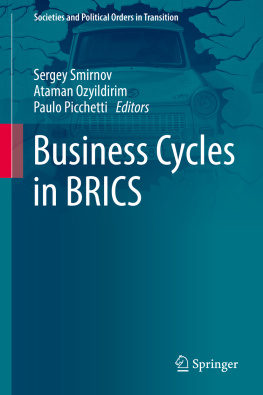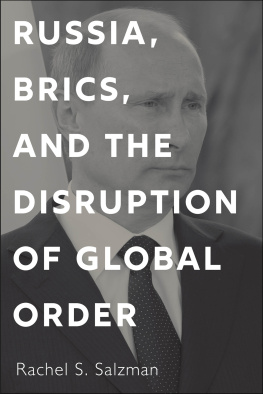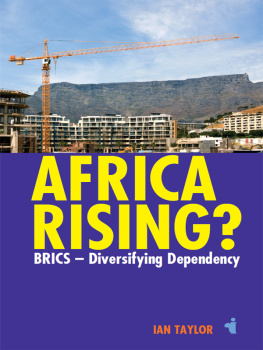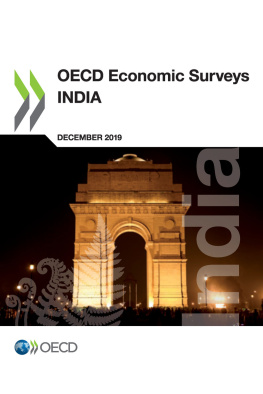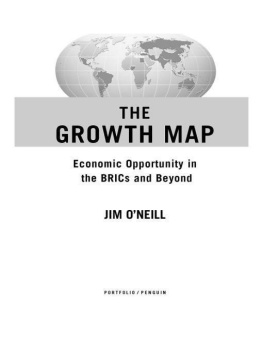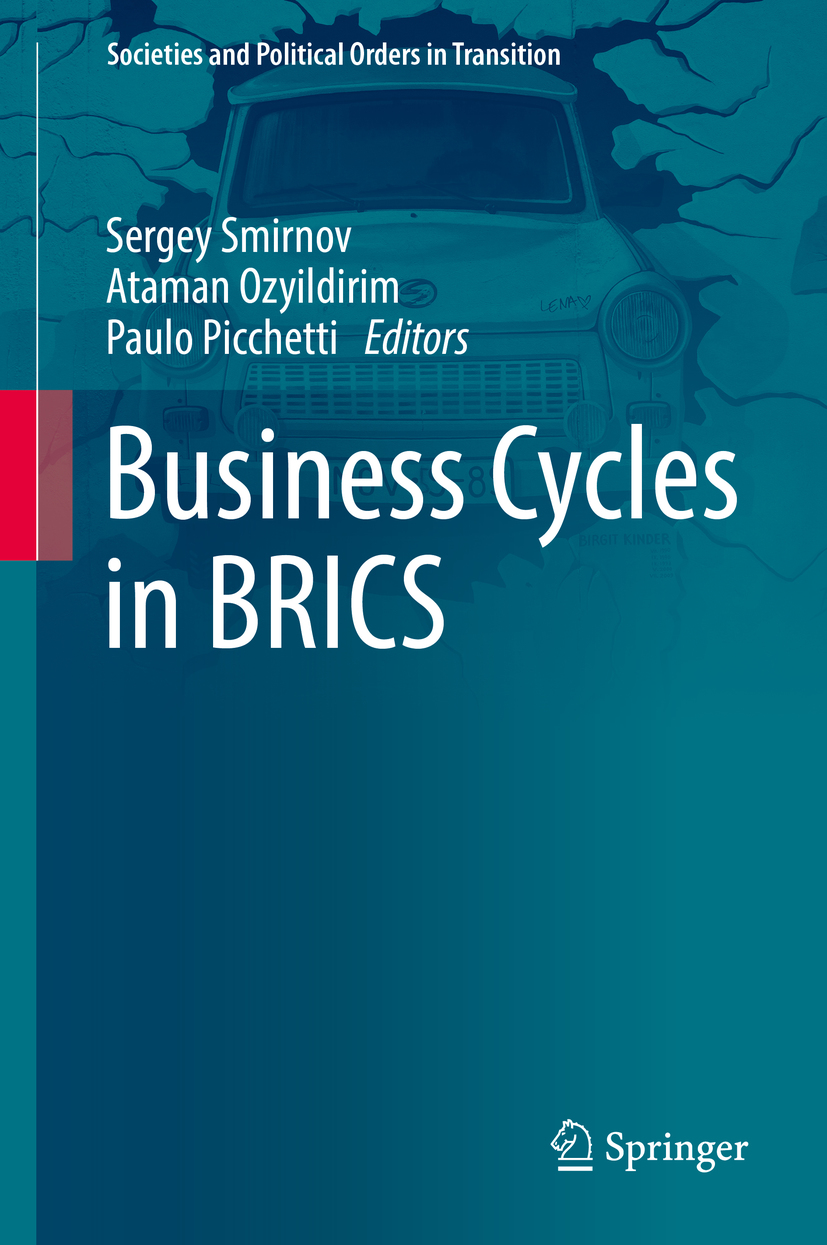Societies and Political Orders in Transition
Series Editors
Alexander Chepurenko
Higher School of Economics, National Research University, Moscow, Russia
Stein Ugelvik Larsen
University of Bergen, Bergen, Norway
William Reisinger
Department of Political Science, University of Iowa, Iowa City, Iowa, USA
Managing Editors
Ekim Arbatli
Higher School of Economics, National Research University, Moscow, Russia
Dina Rosenberg
Higher School of Economics, National Research University, Moscow, Russia
Aigul Mavletova
Higher School of Economics, National Research University, Moscow, Russia
This book series presents scientific and scholarly studies focusing on societies and political orders in transition, for example in Central and Eastern Europe but also elsewhere in the world. By comparing established societies, characterized by well-established market economies and well-functioning democracies, with post-socialist societies, often characterized by emerging markets and fragile political systems, the series identifies and analyzes factors influencing change and continuity in societies and political orders. These factors include state capacity to establish formal and informal rules, democratic institutions, forms of social structuration, political regimes, levels of corruption, specificity of political cultures, as well as types and orientation of political and economic elites.
This series welcomes monographs and edited volumes from a variety of disciplines and approaches, such as political and social sciences and economics, which are accessible to both academics and interested general readers.
Topics may include, but are not limited to, democratization, regime change, changing social norms, migration, etc.
More information about this series at http://www.springer.com/series/15626
International Advisory Board:
Bluhm, Katharina; Freie Universitt Berlin, Germany
Buckley, Cynthia; University of Illinois at Urbana-Champaign, Sociological Research, USA
Cox, Terry; Central and East European Studies, University of Glasgow, UK
Fish, Steve; Berkeley University, USA
Ilyin, Michail; National Research Universiy Higher School of Economics, Russia
Melville, Andrei; National Research University Higher School of Economics, Russia
Radaev, Vadim; National Research University Higher School of Economics, Russia
Editors
Sergey Smirnov , Ataman Ozyildirim and Paulo Picchetti
Business Cycles in BRICS
Editors
Sergey Smirnov
Higher School of Economics, National Research University, Moscow, Russia
Ataman Ozyildirim
The Conference Board Inc., New York, NY, USA
Paulo Picchetti
Fundao Getulio Vargas, Brazil/IBRE/So Paulo School of Economics, So Paulo, Brazil
ISSN 2511-2201 e-ISSN 2511-221X
Societies and Political Orders in Transition
ISBN 978-3-319-90016-2 e-ISBN 978-3-319-90017-9
https://doi.org/10.1007/978-3-319-90017-9
Library of Congress Control Number: 2018947745
Springer International Publishing AG, part of Springer Nature 2019
This work is subject to copyright. All rights are reserved by the Publisher, whether the whole or part of the material is concerned, specifically the rights of translation, reprinting, reuse of illustrations, recitation, broadcasting, reproduction on microfilms or in any other physical way, and transmission or information storage and retrieval, electronic adaptation, computer software, or by similar or dissimilar methodology now known or hereafter developed.
The use of general descriptive names, registered names, trademarks, service marks, etc. in this publication does not imply, even in the absence of a specific statement, that such names are exempt from the relevant protective laws and regulations and therefore free for general use.
The publisher, the authors and the editors are safe to assume that the advice and information in this book are believed to be true and accurate at the date of publication. Neither the publisher nor the authors or the editors give a warranty, express or implied, with respect to the material contained herein or for any errors or omissions that may have been made. The publisher remains neutral with regard to jurisdictional claims in published maps and institutional affiliations.
This Springer imprint is published by the registered company Springer Nature Switzerland AG
The registered company address is: Gewerbestrasse 11, 6330 Cham, Switzerland
Foreword
At the latest after the outbreak of the Great Financial Crisis, the benefits of having reliable but especially timely data to analyse the current stand of the economy have generally been recognized. How else can policymakers react adequately to shocks or cyclical movements if they cannot analyse their magnitude and impact in statistical data first? Many official time series, e.g. those that are published as part of the System of National Accounts, are however published with a delay often not allowing politicians to introduce countervailing measures timely enough. For that reason, more and more countries around the world are nowadays publishing so-called business tendency surveys, qualitative survey results on firms that are released shortly after collection and thereby do deliver timely information on the state of the respective economy.
This volume centres on such surveys conducted in the so-called BRICS countries, while also looking into the measurement and forecasting of cyclical development using composite indicators. Whereas particularly in Europe there has been a long tradition in this field, for these swiftly emerging BRICS that has not yet been the case. This volume takes stock of what has been achieved so far and stimulates further developments in this field. It thereby helps closing the gaps across countries, including but not only restricted to these BRICS economies. I am sure that also researchers in other parts of the world will greatly benefit from the knowledge brought together in this volume.
At CIRET (Centre for International Research on Economic Tendency Surveys), the only truly global network of researchers and institutions interested in and working on or with surveys related to economic tendencies, we are therefore thrilled to see this volume emerge out of the conferences, workshops and meetings that we have organized over the years. This is an excellent example of what we hope to achieve with our networking activities: create a platform on research related to economic tendencies that allows experiences to be exchanged by participants all around the world and that results in further improvements in the creation and use of economic tendency surveys.
Congratulations to the editors on creating this milestone.
Jan-Egbert Sturm
March 2018
Preface
This volume is a collaborative effort of authors affiliated with prominent think tanks, universities and statistical offices from Brazil, Russia, India, China and South Africaa group of countries with emerging economies collectively called BRICS. This group has recently attracted great attention because of their large and growing economic and political power both in their regions and globally. For now, BRICS is a new centre of gravity which aspires to compete with that of the post-WWII era composed of the group of large mature economies (the G-7).

